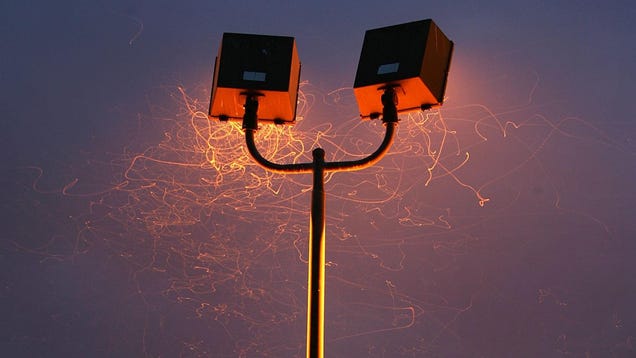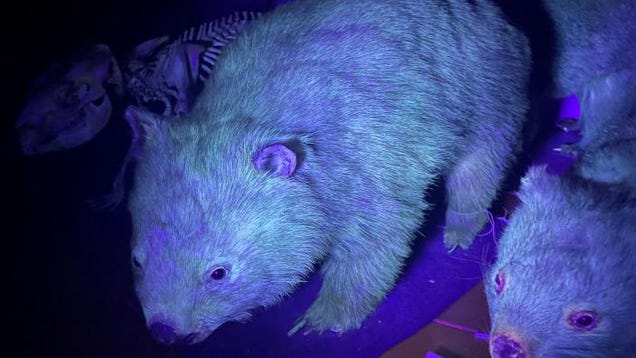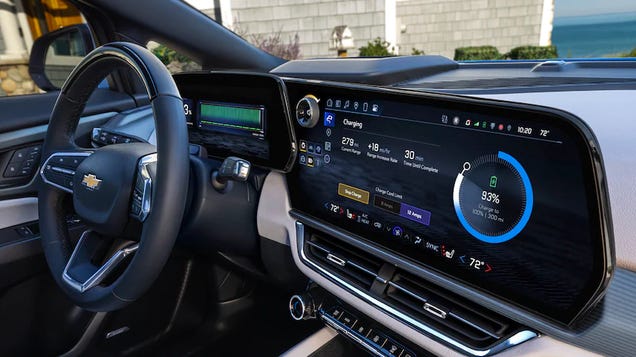

Humans have used light to trap insects for at least 2,000 years (thanks, Romans). Now, a team of researchers says they know why the animals are apparently drawn to the light—and it’s not a happy tale.

Scientists say they’ve invented a piece of technology that will let us peer through an animal’s eyes better than ever before. The tech uses a combination of novel hardware and software to produce images and videos that accurately represent the colors seen by animals, such as bees and birds. In new research this week,…

Working long hours outdoors is a skin cancer hazard, and new research estimates that about one in three deaths caused by non-melanoma cancers annually can be attributed to occupational exposure to the sun’s ultraviolet rays. As of the latest available data, this amounted to nearly 19,000 such work-related deaths…

What began as a jovial conference celebrating crypto culture and flashy nonfungible tokens this weekend ended with multiple attendees in a hospital believing they were going blind.

A team of scientists at Northwestern University has developed a synthetic version of melanin that could have a million and one uses. In new research, they showed that their melanin can prevent blistering and accelerate the healing process in tissue samples of freshly injured human skin. The team now plans to further…

Move over monotremes and the range of rodents known to glow: over one hundred other furry creatures do, too, new research shows, vastly increasing the number of mammals known to show the spooky trait.

Earth’s host star can be quite temperamental, compelling astronomers to launch satellites and probes on missions to keep a close watch of the Sun’s massive flares. But instruments pointed towards the Sun have a tendency to acquire cloudy vision as the result of a mysterious layer that’s puzzled scientists for years.

Scientists in China say they’ve begun to develop what could be the first of a new and improved generation of sunscreens. In mice, their experimental polymer appeared to provide greater protection against ultraviolet radiation than commercial products. It also wasn’t absorbed through the skin and seemed to be non-toxic…

Like it or not, touchscreens that replace physical buttons in cars aren’t going away any time soon. In fact, one day your vehicle’s entire dashboard will probably be one big screen covered in weeks’ worth of greasy fingerprints. To make them less of an annoyance, instead of having to wipe them clean with some…
